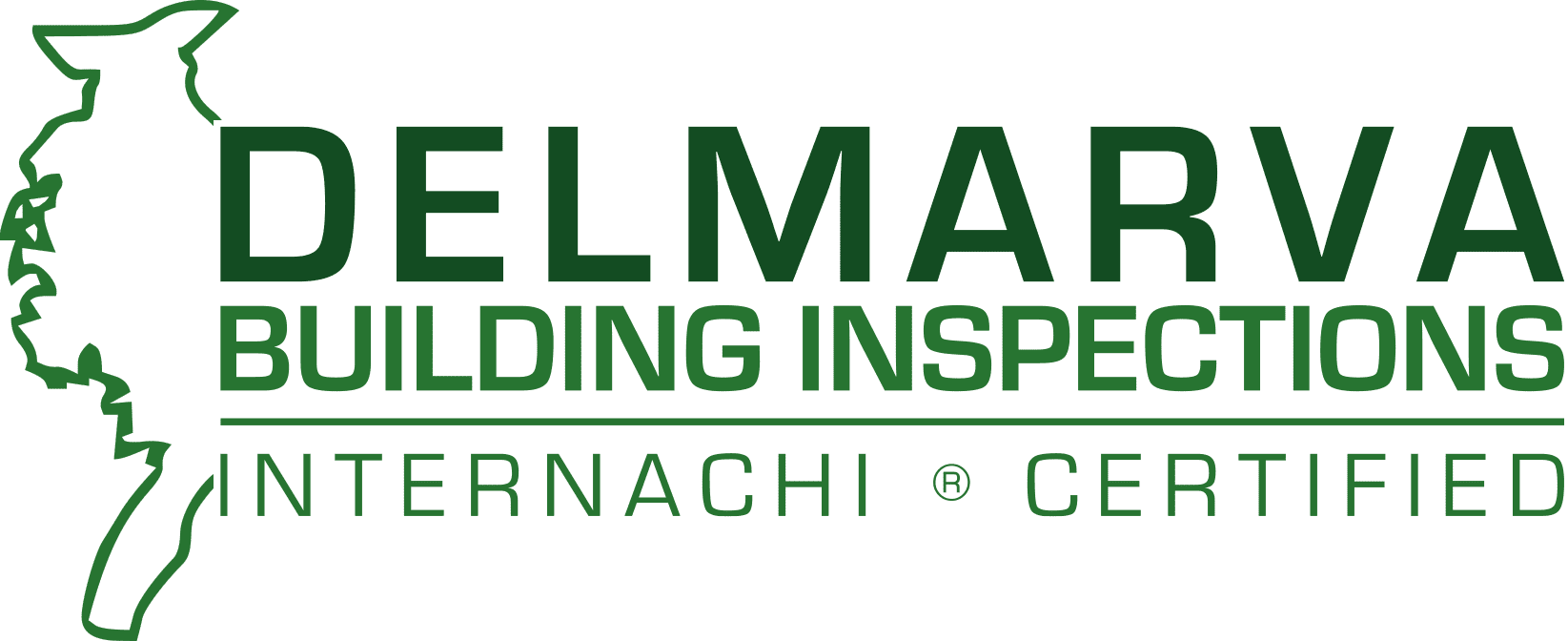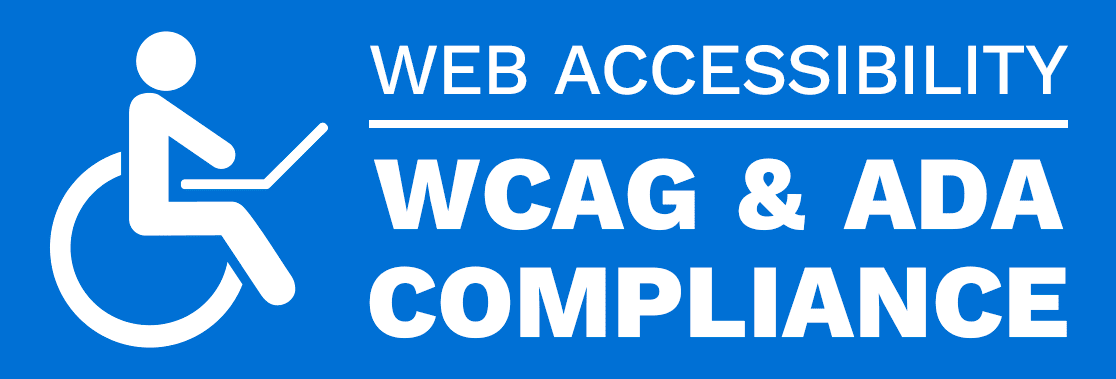Understanding the Basics of House Inspections
What exactly is a home inspection? It’s a thorough evaluation of your prospective property to uncover potential issues. Typically, a professional inspector oversees this process and provides a comprehensive status report on the home’s condition. The primary goal of a house inspection is to reveal any problematic areas before the closing process concludes. This step allows the buyer and seller to renegotiate or withdraw from the transaction if necessary.
While it may sound intimidating, house inspections are one of the most vital safeguards for homebuyers. In many instances, inspections uncover no surprises at all. However, when they do, it provides an avenue for buyers to engage with sellers in addressing potential repairs. During the final walkthrough, anyone can scrutinize the repairs made. Thus, it is imperative to have a home inspection, even if you possess a positive impression of the property. This process safeguards your financial interests and protects you from unforeseen future expenses.
House Inspection Contingencies Will Give Homebuyers Options
You can include home inspection contingencies in your real estate contract. They specify that the purchase agreement depends on the home inspection results. If the inspection identifies issues or deficiencies, the contingency grants the buyer the option to back out of the deal or negotiate necessary repairs.
Suppose you opt to include a house inspection contingency in your contract. In that case, you must adhere to a specific timeframe for conducting the inspection and any subsequent evaluations. Typically, this timeframe spans one to two weeks. For example, the inspector might recommend a specialist’s assessment of the property’s electrical system. The initial inspection and the specialist’s follow-up evaluations must occur within this timeframe. If the inspection or any follow-up evaluations unveil deal-breaking problems, you retain the right to withdraw from the deal without facing repercussions. House inspection contingencies offer valuable protection against unfavorable surprises.

Where to Find a Reputable Home Inspector?
In most circumstances, your real estate agent can provide recommendations, for they often collaborate with reputable inspectors. If they don’t have a referral, you can seek guidance from trusted local homeowners. Make sure that the inspector’s office is appropriately licensed, bonded, and insured to guarantee they can address any issues arising during the process. Many homeowners also find it helpful to review online ratings and previous inspection reports to ensure they select a thorough inspector. Feel free to ask questions before making your decision. You don’t want to let anxiety compromise your financial security.
Key Inspection Categories: What to Know before a House Inspection
When working with a professional inspector, they should possess the knowledge to assess critical inspection components. However, it’s valuable for homebuyers to understand these components as well. The more you know, the better you are to evaluate a property independently. In that spirit, there are six fundamental categories integral to a home inspection checklist:
- Foundation: Assess the property’s foundation and consider any potential future issues.
- Structure: Examine the home’s structural integrity, which impacts various other aspects.
- Exterior: Thoroughly inspect the exterior, leaving no detail unexplored, whether it’s the roof or the yard.
- Interior: Walk through the entire house and scrutinize every aspect.
- Plumbing/HVAC: Pay attention to the property’s plumbing and HVAC systems, as they represent significant expenses warranting close examination.
- Electrical: Although more challenging to evaluate than other areas, gaining insight into the home’s electrical system is valuable.
House Inspection Exclusions: What May Not Be Covered
Can a house inspection exclude any elements? While the house inspection process is comprehensive, it may omit specific components, depending on the property or the inspector. These exclusions can encompass aspects such as internet service, sprinkler systems, and landscaping. The rationale for these exclusions lies in the inspector’s primary focus on assessing the house itself rather than extras associated with the property. Fortunately, you can typically consider these items during a walkthrough.
Moreover, depending on the property or the inspector’s discretion, some other areas might be omitted from a home inspection. These could range from flooring concealed by carpet, roofing obscured by snow, the fireplace or chimney, and even pest-related concerns. The best approach to ensure these areas meet your standards before purchasing a home is to consult with the inspector, lift carpet or snow as necessary, or even hire a separate pest control expert to evaluate the property. Although these additional responsibilities may seem daunting during the home-buying process, they serve as another layer of protection for you as the buyer.
Tips for First-Time Homebuyers: Navigating the House Inspection Process
For first-time homebuyers, the prospect of a home inspection might seem daunting initially, but it can be manageable with the proper preparation. Here are some tips to keep in mind as you ready yourself for your first inspection, aligning with your house inspection checklist:
Find the Right Inspector that Suits Your Needs
If you’re working with a real estate agent, they can assist in locating a licensed home inspector. Alternatively, you can find a list of professionals online. We underscore the inspector’s role in providing essential information about the property’s foundation, crawlspaces, wood-soil contact, water penetration, signs of foundation movement, and structural concerns. To find an inspector that suits your needs, ask for recommendations from acquaintances and relatives, check online reviews, and ensure their track record is thorough and reliable.
Obtain a Seller’s Disclosure Statement
This document, provided by the seller, includes vital property information you should know. Some states require that a disclosure statement have specific information stipulated by the law. Typically, it comprises a series of yes-or-no questions from the seller. Homebuyers should acquire this document before the official home inspection. The disclosure statement highlights any renovated or repaired areas using a proactive approach, which the inspector can verify for quality.
Conduct Due Diligence and Research Potential Inspectors Ahead of Time
Research potential inspectors ahead of time. This step remains essential even if you feel pressed for time, such as when buying a home during the busy summer. While plumbers and electricians possess specialized knowledge in specific aspects of a home, your inspector should offer comprehensive insights into a property’s systems and structures. Your inspector must remain objective, independent, and unaffiliated with the seller. It’s beneficial to walk through your new home before the inspection day to enhance your understanding, enabling you to compile a list of questions for both the inspector and the seller. Arriving at the inspection appointment well-prepared is essential to prevent surprises.
Ask Questions but Let Your Inspector Work
Once you’ve found the right inspector, prepare a list of inquiries. Always inquire about the inspection’s cost and its coverage. There may be additional costs for specialized types of assessments. Check that your inspector can meet your deadlines in alignment with the purchase agreement. Remember that the inspection is only one part of the process, and receiving the comprehensive report may take several days. Additionally, verify your inspector’s certification.
Identify Deal Breakers: Major Repairs Can be a Strain on the Budget
As a homebuyer, you should always maintain a budget for potential home repairs. You’ll gain a clearer picture of repair costs throughout the inspection process. In advance, limit how much you’re willing to spend on repairs, regardless of your affection for the property. Major repairs, such as those related to electrical, plumbing, or structural issues, can strain your finances if you need to allocate sufficient resources. If the inspector uncovers unfavorable results, you need preparation to make a challenging decision about whether to proceed with the purchase.
Be Present, and Don’t Hesitate to Ask Questions
It might be tempting to stay out of your inspector’s way and let them work, but the opposite approach is advisable. Plan to attend the inspection appointment, and don’t hesitate to ask questions. However, it’s best to save your inquiries for the end of the inspection or during breaks to avoid distracting the inspector from their work.
Review Your Home Inspection Report
Invest time reviewing it carefully after receiving the report. If you were present during the inspection walkthrough, you should know what to expect based on your discussions with the inspector. Typically, critical items are highlighted at the beginning of the report, followed by more detailed sections covering various aspects of the house. The report should also include images of any identified issues to provide clarity. While reviewing the information, look for common problems like foundation cracks, poor drainage, or inadequate ventilation.
If the inspection identified any concerns like mold, pests, or other significant issues, the report may also address them. If you have questions or concerns, feel free to seek clarification from the inspector or advice from your real estate agent. The insights you gain through the report will help you decide whether to include contingencies in the home purchase.
Negotiate Repairs Because Vital Areas Often Command Attention
Don’t be alarmed if your house inspection report reveals repairs or damage to the property. You can engage your real estate agent in potential negotiations with this information. They may secure a lower purchase price or contingencies requiring the seller to address specific repairs before closing the property. While the seller might not agree to handle every repair mentioned in the inspection report, you can often negotiate for significant repairs. Issues related to flooring, HVAC systems, the roof, or other vital areas often command attention. If repairs are necessary for these components, you are likely to reach an agreement with the seller regarding how to proceed. Minor repairs or ordinary wear and tear are generally the buyer’s responsibility.
The Importance of a Thorough Home Inspection Checklist
As you affix your signature to the purchase agreement for the home you’ve been searching for months, the house inspection checklist may be the last thing on your mind. However, the home inspection represents an important process to ensure your new property doesn’t harbor unexpected repairs that could strain your finances. Equipping yourself with a comprehensive checklist will help you breeze through your first-time home buyer inspection, making the journey toward homeownership a more seamless and informed experience.


















